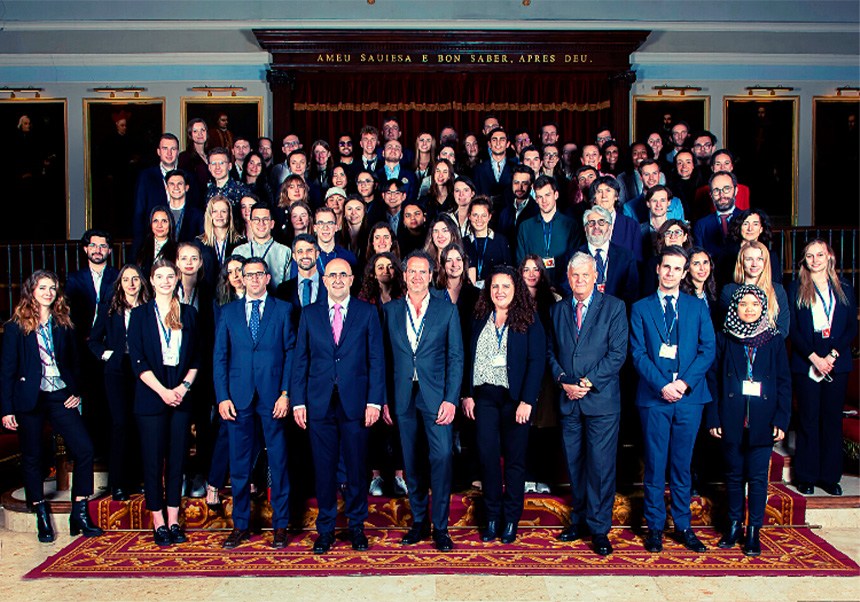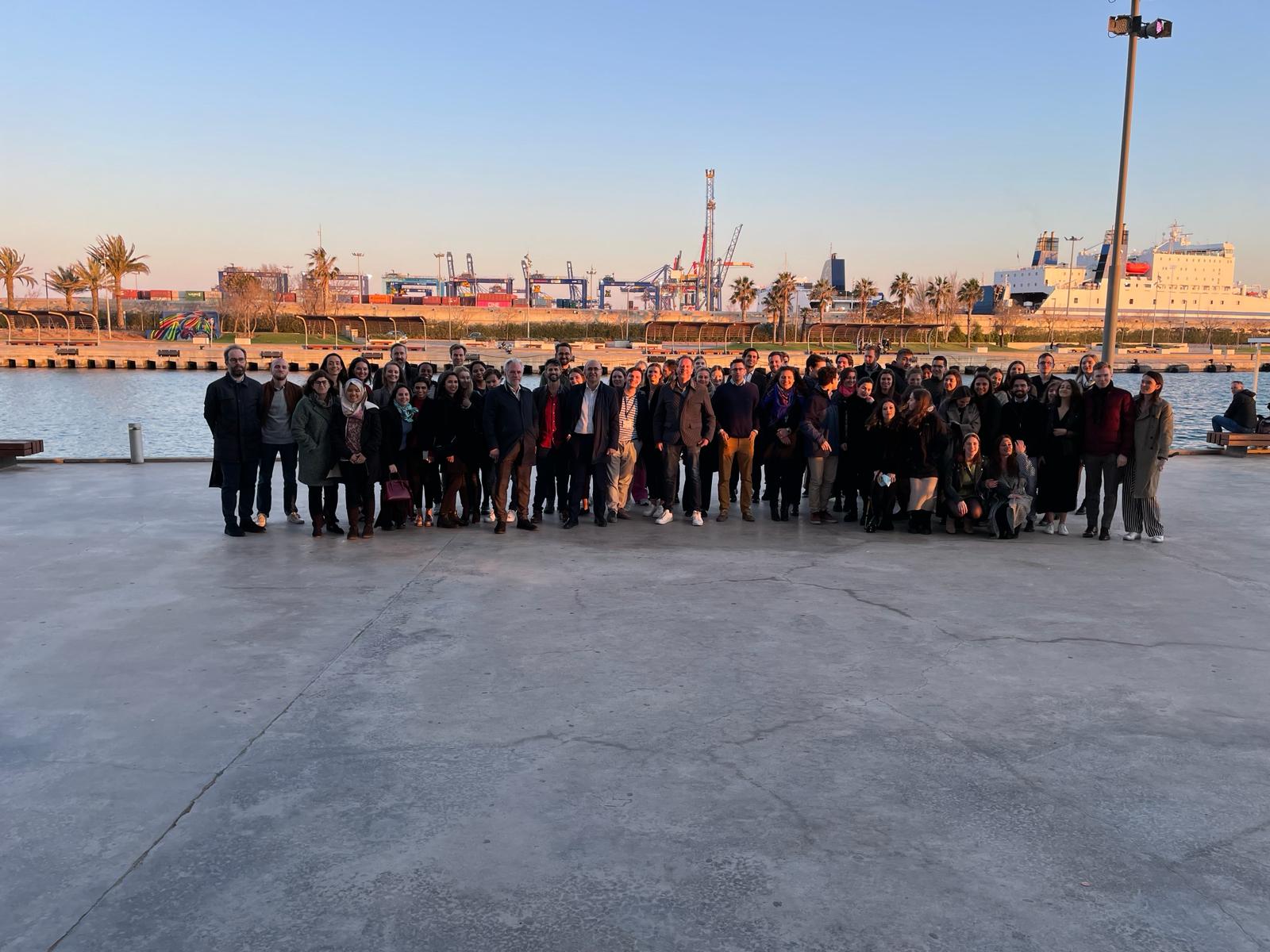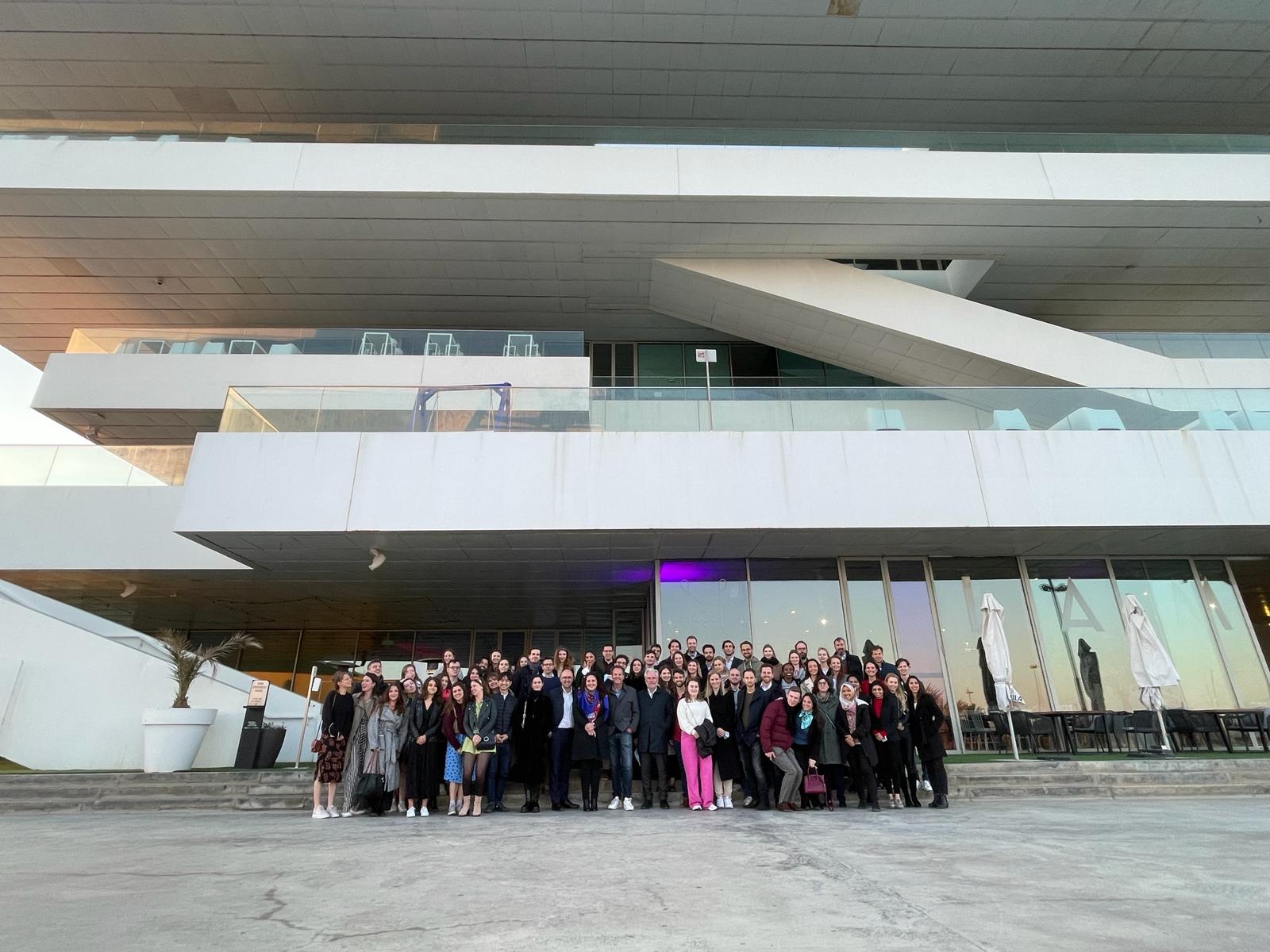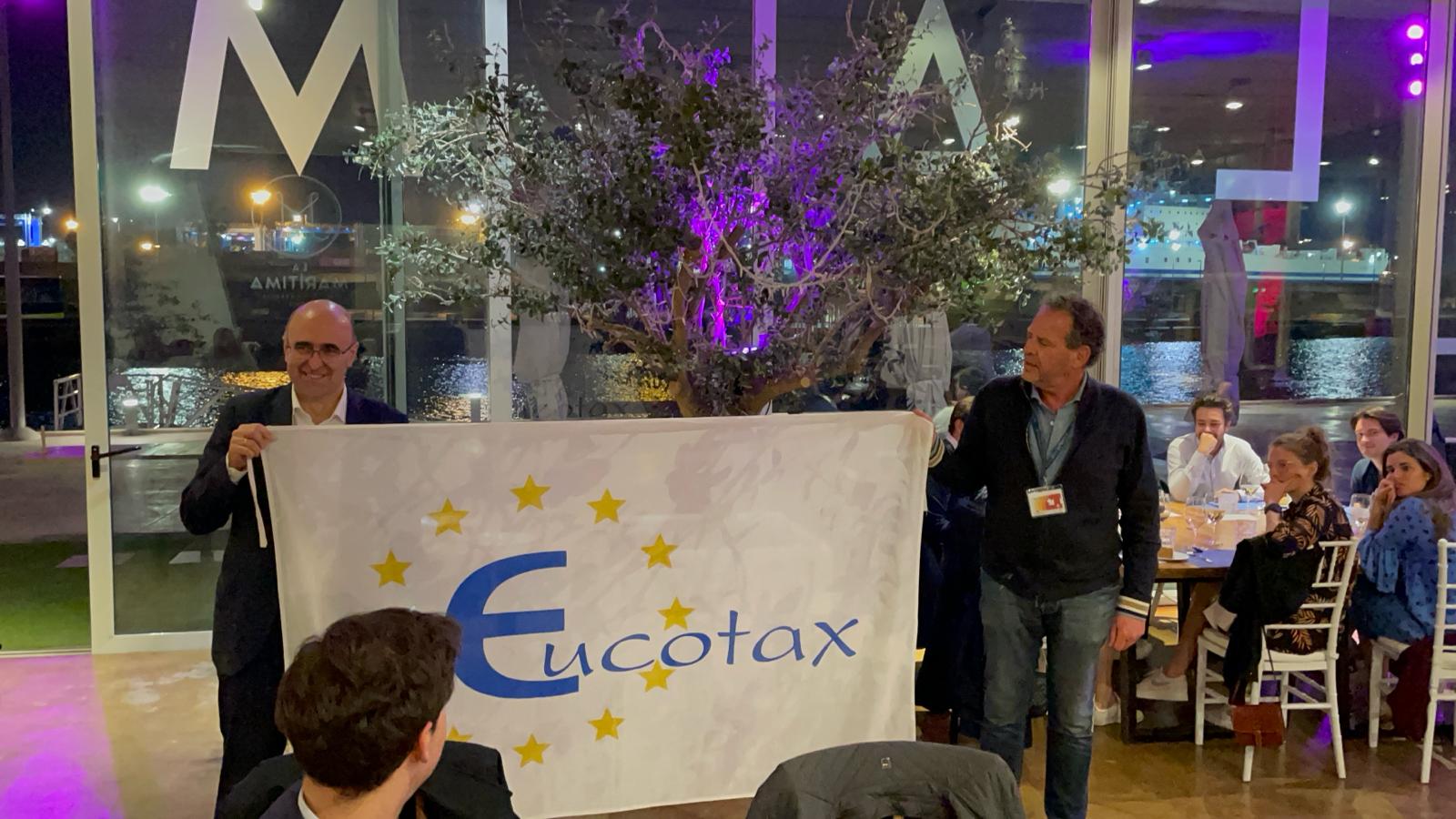
Between 31 March and 6 April the 30th edition of the International Programme EUCOTAX WINTERCOURSE took place, hosted by the Universitat de València.
The organising team was led by D. F. Alfredo García Prats, with the collaboration of professor Carmen Uriol Egido and professors Carlos Pedrosa López and Benjamín Sevilla Bernabéu. The organisation of this event also had the invaluable support of the Prometeo XXITAX project and the sponsorship of other national and international institutions.
EUCOTAX Wintercourse gathered researchers from 14 European and North American universities to address an issue of leading legal relevance: the protection of the taxpayer’s fundamental rights in an international level after the execution of the BEPS action plan. Professor Dr. Vicent Soler, Councillor of Economy and Treasury, participated in the opening ceremony of the international meeting, during which different aspects that influence, determine and affect the elaboration of a taxpayer statute at a supranational level were analysed from the implications derived of the interactions between the different tax systems. Particularly, mutual assistance procedures and simultaneous control procedures, the defence of taxpayer’s rights in the collection of taxes, the effective legal protection in tax law, the alternative mechanisms of disputes resolution, the weight of proof in the law circles and the rights of taxpayers under criminal tax law were analysed.
Therefore, one of the lines of debate that sparked up during the thirtieth edition of the EUCOTAX Wintercourse revolved around the international cooperation mechanisms, the tax information exchange agreements and how the tax judicial authorities from different countries are entitled to use tax related data with the objective of prosecuting both fraudulent or tax evasion practices as well as avoiding double international taxation on the taxpayer. At the same time, a second topic to discuss consisted in how the rights of the taxpayers are recognised in the tax system, its effective use in an administrative or judicial process and their relation with regards to the protection offered by article 24 of our Constitution, referring to an effective judicial protection.
Following this line of thought, a third topic addressed the weight of proof in the tax law and its interference with the rights of taxpayers at the judicial headquarters. All of it from a procedural perspective in which the accusatory principle becomes specially particular when a citizen is involved in a process against the Tax Agency. Thus, the discussion followed with how the weight of the proof can go unnoticed in these type of procedures and which tools has the taxpayer to guarantee its right to defence. Likewise, it was addressed how the taxpayer can enervate its rights in the tax collection and tax application process; at the administrative headquarters, where the taxpayer finds itself in a situation of particular imbalance in front of the administrative power of tax agencies. This includes which elements can be summoned to face an inspection procedure and their later relevance at the judicial headquarters.
In the interest of surpassing a purely judicial and administrative vision of the taxation procedures, a fifth line of research took place in regards with the alternative conflict resolution mechanisms or MAPs, which consist in the search of friendly solutions without the characteristic judicial litigiousness. Consequently, the European and domestic regulatory framework from each state was presented in relation to the implementation of these consensual and hetero-compositive systems, since mediation, conciliation and arbitrage mechanisms are addressed. This provided the possibility of observing new decisive routes capable of unlocking judicial mass use and the phenomenon known as “judicialisation of conflicts”.
Lastly, a sixth topic was addressed regarding criminal tax offences and the defence of taxpayers rights when they are involved in tax fraud causes or tax evasion behaviours. This aspect proved to be key in the analysis of the influence of the tax administrations in legal proceedings; the role of the prosecution and the configuration of the process itself, since in cases of tax fraud the criminal tax proceedings take on a particular character which, in certain cases, can lead to a reversal of the most fundamental principles of the process. Some examples can be found in principles of advertisement of the processes and sentence, the weight of the proof and in the non bis in ídem. At the same time, highly controversial issues such as the application of tax amnesties, the right to remain silent or the duty of tax collaboration in conflict with the duty of confidentiality of tax advisors and their criminal liability were discussed.
During this week, the legal structures from the various attending countries were debated and compared, results of which are under revision for their later publication.
Images:




















